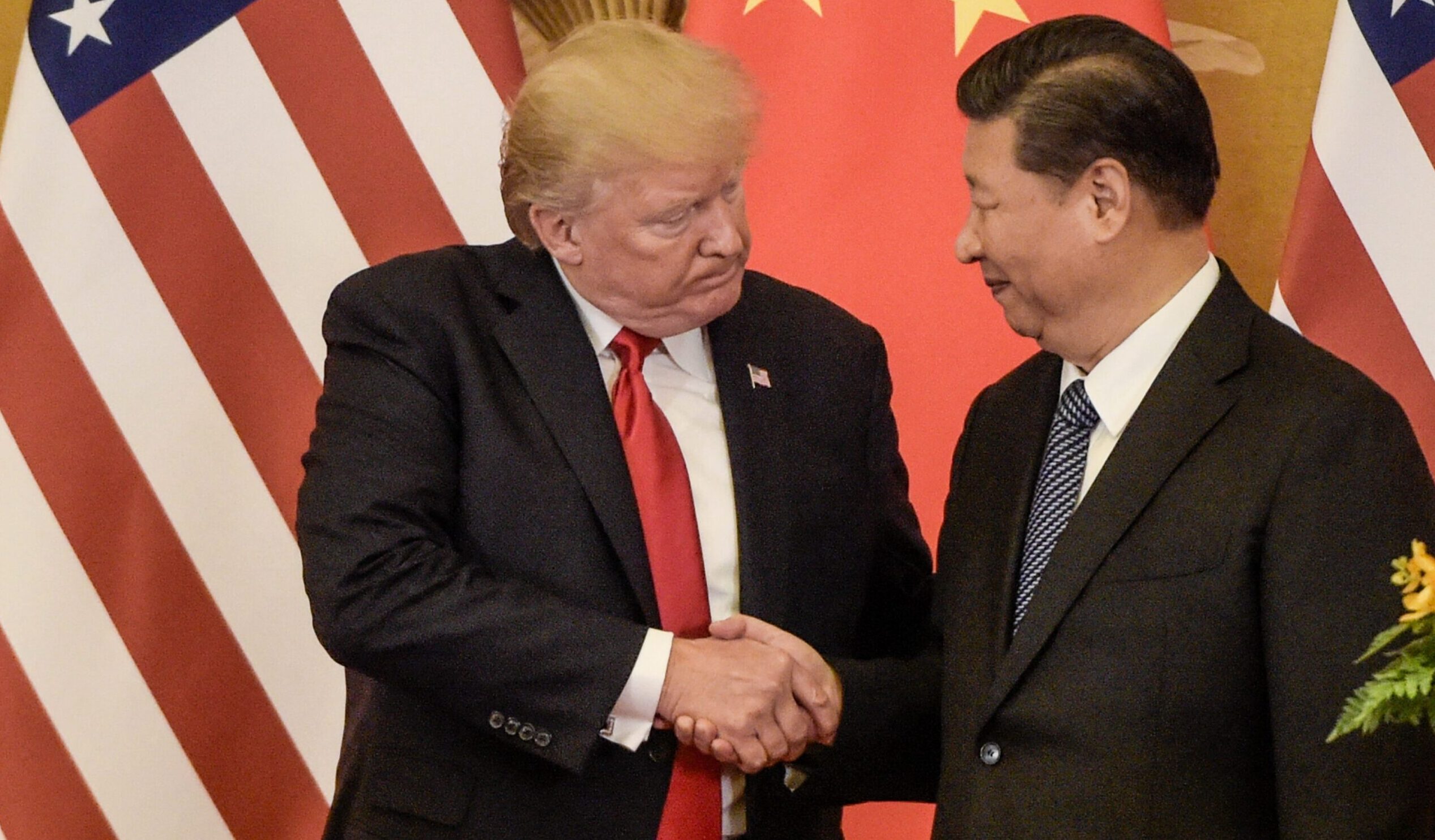After a four-year hiatus, the leaders of Japan, South Korea and China look set to meet in a summit, to be held “at the earliest possible time”. This has been seen by some as a possible sign of a thaw in the relationship and a welcome piece of positive geopolitical news.
Japan and South Korea are united in their desire to prod China, North Korea’s chief sponsor, do more to rein in its unpredictable ward. Following the recent satellite launch by the North Koreans, South Korea suspended a military agreement and Japan urged China to enforce UN resolutions against North Korea, citing recent compliance issues.
For China’s part, the motivation is probably the slowdown in its economy and a consequent desire for greater trade cooperation. China may also be hoping to drive a wedge between South Korea/Japan and the US, with a long-term view towards a possible second Trump presidency and the potential resumption of a trade war.
But while China won’t relish that, it may not be too unhappy if Trump picks up where he left off with his dealings with Pyongyang. Although his “blunderbuss” diplomacy may have appeared comical at times (he dubbed Kim Jong Un “little rocket man”) it could be argued that it was relatively effective — North Korea was markedly quieter during the Trump years. China would also be happy to see an end to the war in Ukraine with a compromise outcome that would be seen as favourable for Russia, as appears to be Trump’s plan — even if his “24-hour” pledge seems unlikely to be fulfilled.
As for Japan and South Korea, both countries will be monitoring the US election in 2024 closely and wondering what the outcome could mean for their security, thus doing what they can now to improve relations with China at a time of uncertainty makes sense. Japan, under Shinzo Abe, had a close relations with Trump (Republican presidents are always favoured in Tokyo) and the two seemed to have a rapport.
That’s unlikely to be replicated under the more Left-leaning technocratic Fumio Kishida but relations are likely (should Trump win) to be cordial because Trump loves Japan. His relationship with South Korea was more fractious, with wrangles over the cost of US bases, but his negotiations with the North Korean leader in 2018 boosted his popularity.
An alternative perspective is that the impetus for the summit initiative has actually come from the US, whose attitude to the region has shifted in response to the conflict in the Middle East. Koichi Nakano, a politics professor at Sophia University in Tokyo, believes that the US wants to reduce tension in the region “so both Japan and South Korea [have been] given more leeway in their relations with China”. He sees the summit as a temporary relaxation or truce in response to exceptional circumstances in the form (in Japan and South Korea’s case) of a permission slip from a senior partner.
Serious issues and tensions still remain and no one is getting too excited about this summit yet, but, as Churchill once said, “To jaw-jaw is better than to war-war” and there is optimism that simply getting the leaders in a room together, at a rare moment in time when all three want things from each other, will at least lower tensions, may yield results on lower order issues, and could be a platform to build on for the future. And for all the doomerism in the West about a Trump presidency, further East it appears to be less of a concern.











Join the discussion
Join like minded readers that support our journalism by becoming a paid subscriber
To join the discussion in the comments, become a paid subscriber.
Join like minded readers that support our journalism, read unlimited articles and enjoy other subscriber-only benefits.
Subscribe